Find Your Coronasomnia Treatment: 10 Recommended Solutions – Sleepon
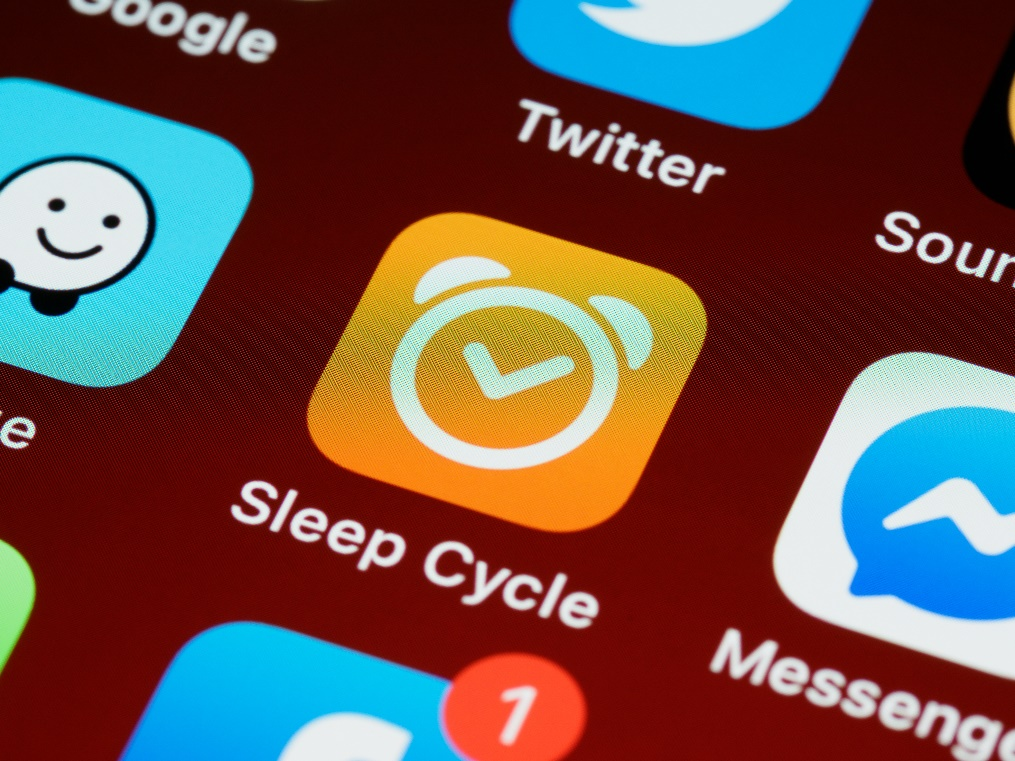
With the blink of an eye, COVID-19 has been affecting our lives for almost three years. It has not only caused millions of lost lives, but also has changed our way of living: working remotely, wearing masks, and more importantly – our sleep health, to be more specific, causing more insomnia, in other words, coronasomnia.
But first, does COVID-19 really cause insomnia?
According to Cleveland Clinic, “COVID-19-induced insomnia is often attributed to pandemic-related stress, anxiety, depression and other mental health conditions.” On top of that, about 40% of people have reported trouble sleeping during the pandemic, and loss of sleep was already a problem before the pandemic, indicated by Sleep Foundation.
Therefore, due to the correlation between the coronavirus pandemic and insomnia, “coronasomnia” was created by sleep physicians to describe this scenario. But what is the definition of coronasomnia? What are coronasomnia’s symptoms? Is there any treatment for coronasomnia? This article will answer all these questions for you.
Coronasomnia Definition
What is Coronasominia?
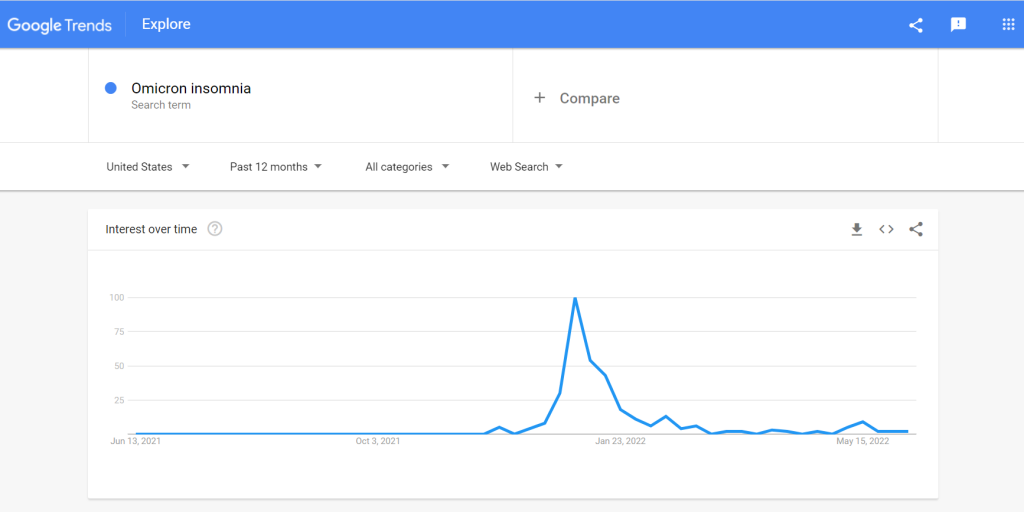
Through the surge of Omicron, “Omicron Insomnia” was a breakout search term on the internet. With that said, coronasomnia’s definition can be an increase in sleep problems during the pandemic, along with anxiety, depression, stress and other mental health conditions, based on Cleveland Clinic and Sleep Foundation.
In addition, CDC states that sleep problems have become one of the post-covid conditions people are experiencing. And Penn Medicine even says some of you might have started having insomnia by just worrying about getting COVID-19.
Except COVID-19 worry being tied to coronasomnia, broken daily routine also triggers coronasomnia, and sleep physician – Dr. Singh summarized the causes of coronasomnia as “FED UP”:
- Financial stress
- Emotional stress
- Distance from others
- Unpredictability
- Professional concerns
Coronasomnia Symptoms
What are the coronasomnia symptoms?
According to Sleep Foundation, coronasomnia symptoms may include:
- Insomnia symptoms, such as difficulty falling and staying asleep
- Increased stress levels
- Increased symptoms of anxiety and depression
- Delayed sleep schedules
- Symptoms of loss of sleep
How long can the symptoms last?
Based on sleep physician, Dr. Pena Orbea, coronasomnnia symptoms (COVID-19-induced sleep disorders) could last up to 12 months after the treatment begins, even though there is current little data to know exactly how long it can last.
Coronasomnnia Treatment: 10 Recommended Solutions
We all know sleep is the best medicine, and we know the negative correlation between lack of sleep and mental health, and less sleep cause stress even more. It could be like a never-ending cycle without proper treatment.
But before you are panic to see a doctor, try the following 10 solutions as the coronasomnia treatment to not to be “FED UP”:
Healthy Sleep Hygiene
- Reduce caffeine intake. Certain amount of caffeine is good for your health but taking too much could harm your sleep at night, so try to reduce your caffeine intake later in the day or evening when it gets closer to bedtime.
- Don’t drink too much alcohol. Alcohol consumption could throw off your sleep patterns. UC Davis Health says: “alcohol can help you fall asleep, but not necessarily stay asleep or sleep well.”
- Do some exercise. Exercise overall can reduce your stress, boost your mood, and eventually help you sleep better at night. But just remember to finish the exercise hours before bedtime to give your body time to cool down.
- Keep your bedroom cool. Studies find that between 60 and 67 degrees Fahrenheit is the best for people to fall asleep at night. Don’t forget to make your bed and pillow comfortable as well.
Healthy Sleep Habits
- Don’t nap too much during the day. Sleep Society warns if you want to take a nap during the day, don’t exceed 45 minutes because it can lead to deep sleep and interfere with your normal body clock which will alternately cause you having a harder time to fall asleep at night.
- Avoid screens before sleep. According to UC Davis Health, the blue light from cellphones, tablets and computers signals our bodies to stay awake and not release melatonin.
Healthy Sleep Schedule
- Don’t eat dinner too late. Eating too late can lead to an upset stomach and restless sleep. Try to have dinner 4 hours before sleep time to give your body some time to digest the food since it wants to shut down all the metabolic work.
- Keep a schedule. Set the daily schedule of getting up and sleep at the same time to keep your body clock steady so that you may find it easier to fall asleep at night.
Track Your Sleep at Night
- Get a sleep tracker. To better understand your blood oxygen during sleep, which could help you determine if the above recommended solutions for coronasomnia will give you quality sleep at night.
- Install a sleep tracker in your IOS or Android systems. For the sake of sleep and wellness, some of you might be thinking to go to a sleep center to do a sleep study test, but the cost could be furiously high so to install a sleep tracker app on your phone could be a good option to avoid expensive sleep study test cost
Conclusion
At the end of the day, the pandemic has absolutely changed our lifestyle including our sleep health. In this article, we talked about a new term – coronasomnia, which is the combination of coronavirus and insomnia, and coronasomnia definition, its symptoms, and more importantly, the 10 recommended solutions for coronasomnnia treatment
I personally have tried all the solutions above, especially the last two. I still remember being so stressed out in the beginning of the pandemic without knowing when it was going to end. Now, with the help of the coronasomnia treatment, I not only can have quality sleep but also I can track my blood oxygen during the sleep with the sleep tracker and the app.
So, if you are still struggling with coronasomnia, try the 10 solutions and hope they can help to balance your sleep and wellness.
Check out our sleep tracker if you are in need.
Check out Insomnia and Mental Health to see their relationship.
References
Can COVID-19 Cause Insomnia and Other Sleep Problems?
Sleep problems during the COVID-19 pandemic by population: a systematic review and meta-analysis
Coronasomnia: Definition, Symptoms, and Solutions
Long COVID or Post-COVID Conditions
COVID-19 Worry Tied to Insomnia – Here’s How to Safeguard Your Sleep
COVID-19 is wrecking our sleep with coronasomnia – tips to fight back
Coronasomnia: Why You May Not Be Sleeping and What to Do About It
10 common mistakes in fighting ‘coronasomnia’ — the inability to fall and stay asleep
Recent Posts
ALL ARTICLES
Subscribe Us
Products
Company
Copyright © SLEEPON. All rights reserved.
SLEEPON keeps both Sleeponhealth and Sleepon.us due to the brand upgrading. We promise to provide the same products and service in both sites.
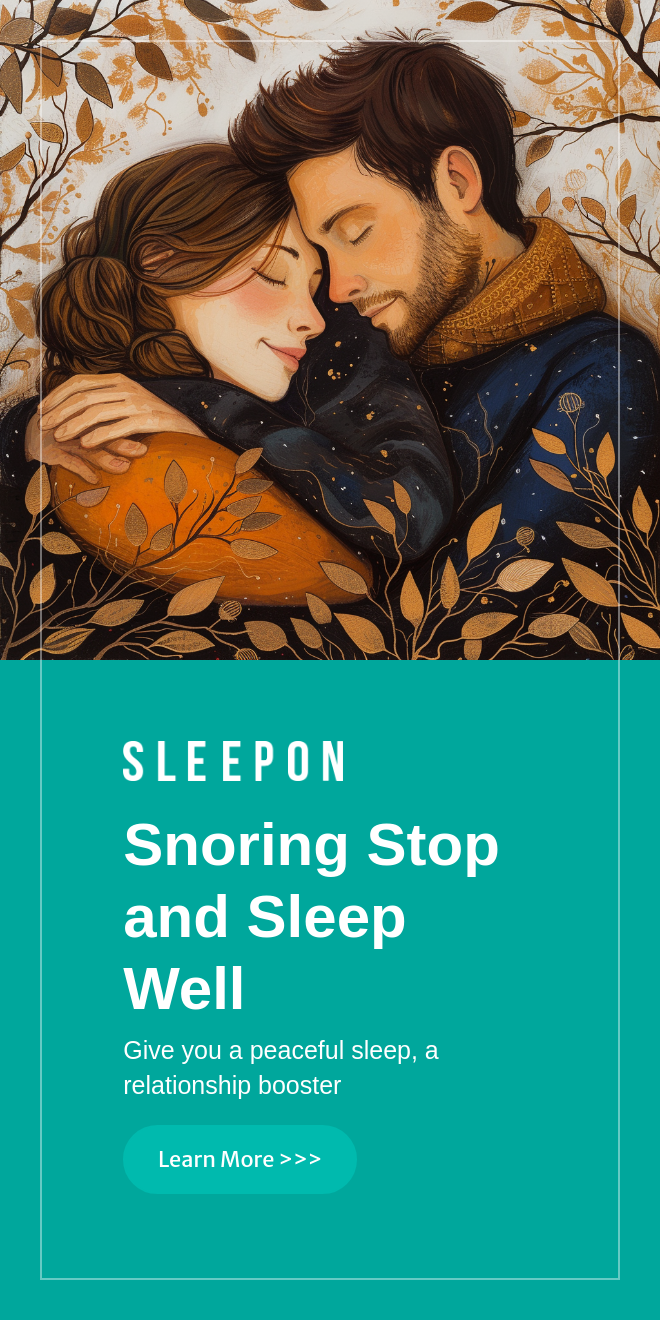
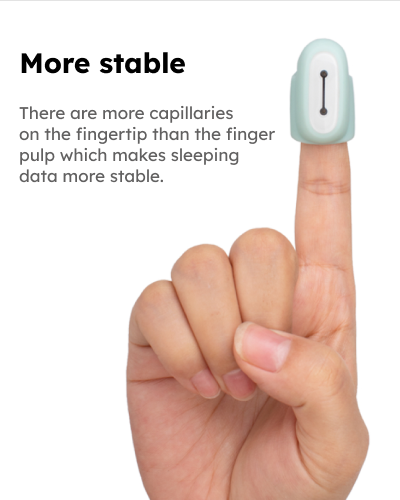
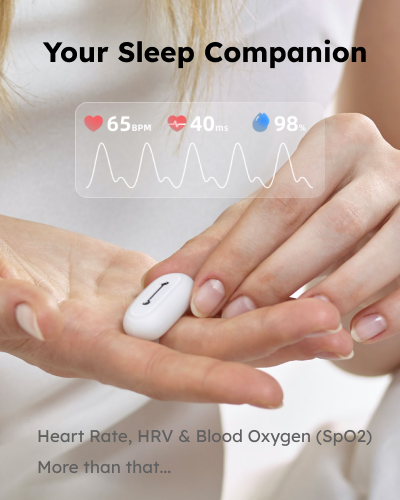


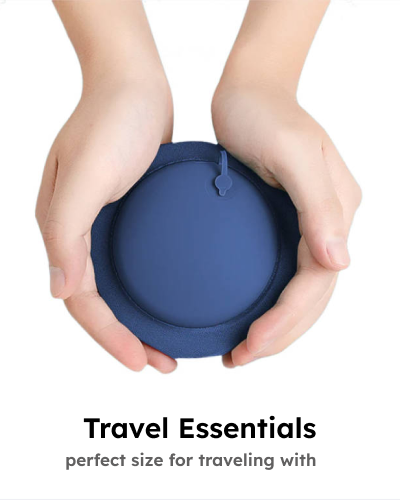
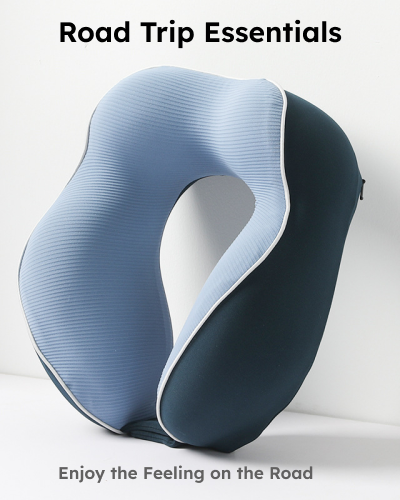
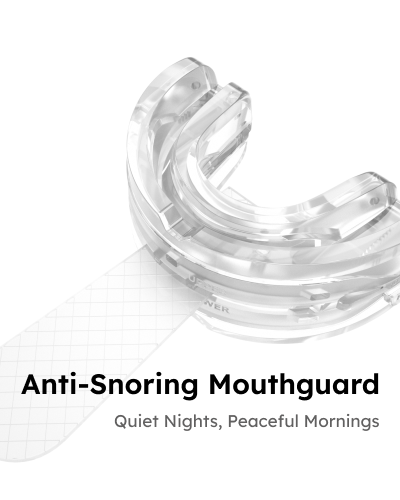
Leave a Reply